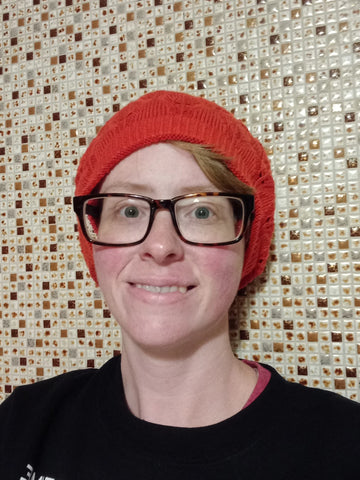
What are the different phases of post period? (peri, early, menopause, post)
**WARNING: DEPRESSION**
There are 4 determined phases of menopause:
1.Perimenopause: 4-8 year period before menopause where you experience symptoms such as hot flashes, sleep-disturbances, night sweats, mood changes, palpitations, etc.
2.Early menopause: When certain events cause earlier menopause (mostly removal/surgery on female reproductive parts)
3.Menopause/During: When you have not had your period for about 12 months; can happen for about 4-8 years.
4.Post Menopause/After: Starts after one year has passed since your last period; you may experience symptoms from perimenopause again
Perimenopause: The 4-8 year period leading up to menopause, defined as 12 consecutive months without a menstrual cycle (with no other identifiable cause). Ovulation is irregular at this time, therefore estrogen and progesterone levels are quite variable. You typically enter into perimenopause in your 40's and can begin to experience irregular menstrual cycles and symptoms such as:
Hot flashes
Sleep disturbances-insomnia
Night sweats
Palpitations
Mood changes (i.e. irritability, depression, anxiety)
Vaginal dryness or discomfort during sexual intercourse
Urinary issues
Early Menopause: Certain events other than natural aging can result in an earlier menopause:
Hysterectomy (uterus only removed)— no more periods, but not menopause, technically, since hormones are still being produced
Oophorectomy (ovaries removed)—symptoms appear immediately
Premature Ovarian Failure (POF)—cessation of ovulation prior to age 40 due to genetics, surgery, or cancer treatments, such as radiation therapy or chemotherapy. POF can also be due to ovarian dysfunction
Menopause/During: On average, most menstruators are about 51 to 52 when they enter menopause. Technically, you are in menopause after you've missed your period for 12 straight months without other causes, such as illness, medication, pregnancy, or breastfeeding. The transition from perimenopause through menopause to post menopause can take 4-8 years. It's important to remember every menstruator is unique and will experience menopause differently. Some menstruators experience few, if any symptoms, and for those who do, the symptoms can vary widely.
Post Menopause/After: Postmenopause starts after one year has passed since your last menstrual cycle. Other symptoms that might have started in perimenopause can continue through menopause and postmenopause. It's not unusual to experience symptoms from the perimenopause stage again:
Hot flashes (these will eventually disappear)
Sleep disturbances-insomnia
Night sweats
Elevated heart rate
Mood changes—irritability, depression, anxiety
Vaginal dryness—which can lead to discomfort during sexual intercourse (this is chronic and progressive)
Urinary issues
Additionally, due to the decrease in estrogen, there's an increased risk of heart disease, osteopenia, and osteoporosis.



























